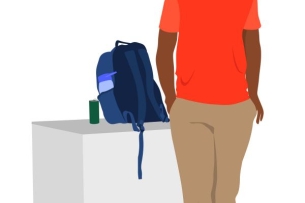Filter & Sort

Creating More Engaged Class Discussions
John J. Silvestro shares two strategies that he has found have reduced confusion and helped his students produce stronger work.

Why and How Faculty Should Participate in U.S. Policy Making
Michael A. Fisher and Lindsay K. Milliken provide a detailed recipe for facilitating the use of science as a key element of the policy-making process.

Making the Most of One-way Video Interviews
Joseph Barber explores the benefits and challenges of answering interview questions without any human interaction at all -- and how to do so most successfully.
The Leaky Pipeline Playbook
Elena A. Miranda highlights the actions and behaviors of gatekeepers who hold the power to make or break careers and perpetuate the disenfranchisement of women and people of color.

Today’s Academic Leaders Must Be Healers
We need such leaders not only because we're in a global pandemic, but also because we continue to face crises that have harmed our academic institutions and people we serve, writes Annmarie Caño.

Teaching the Sixth Graders of College
By recognizing that first-year college students are much like those in the first year of middle school, we can help them acclimate and become part of the academic community, writes Wayne Stauffer.

The Tenure Review Process Must Evolve
Innovative faculty members can lead the way, argue Andrew McKinney and Amanda Coolidge, by encouraging the inclusion of open educational resources work in tenure and promotion portfolios.

Community Support for First-Generation Graduate Students
We cannot assume that just because they successfully navigated their undergraduate years they will smoothly sail through graduate training, write Arnaldo Diaz Vazquez and Natalie Lundsteen.
Pagination
Pagination
- 110
- /
- 429